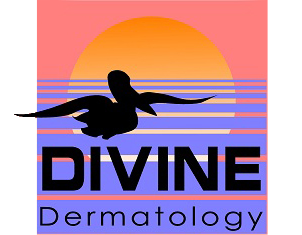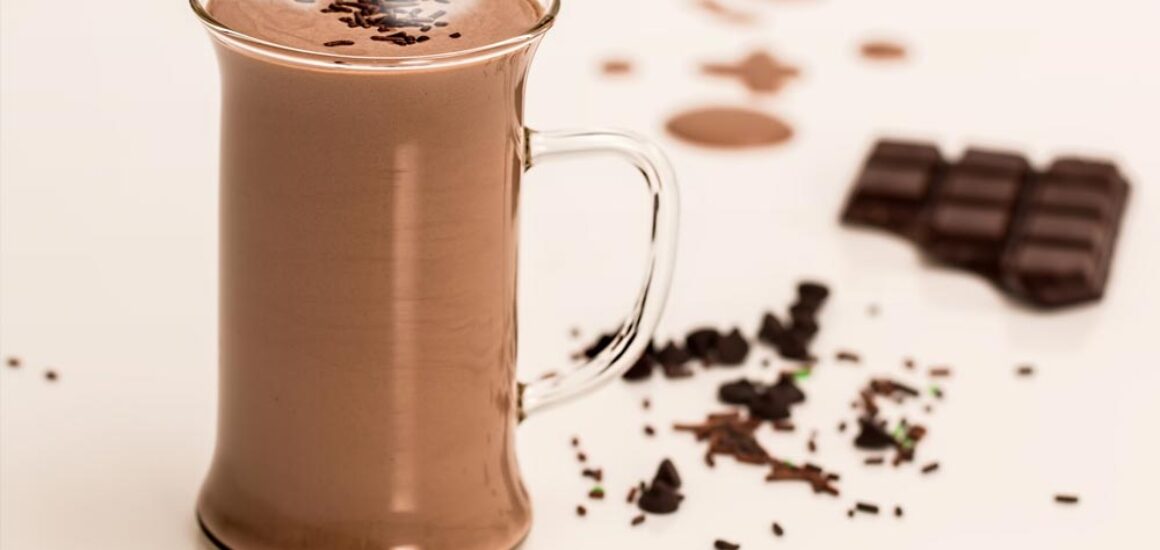How Diet Affects Adult Acne Breakouts
You would think that once your leave your teen years, that you would be safe from pimple breakouts, but acne during your adult years can be a real issue. Did you know that acne is the most common chronic inflammatory skin disease in the world? It is reported that around 50% of adults over the age of 25 continue to get acne.
Why is Adult Acne is steadily becoming more prevalent?
More and more people who are past their teenage years are reporting acne breakouts regularly. This can be because of increased levels of stress, the way people’s hormones fluctuate during certain ages, or the consumption of certain foods. Recent studies show that foods that are high in fat, sugar, or dairy-based contribute to a higher risk of getting adult acne breakouts.
Why do these foods cause acne?
A high sugar diet causes a spike in your insulin levels which also increases your inflammatory response. Chocolate, especially milk chocolate which is high in sugar, can increase your risk of breakouts by almost 30%. In comparison dark chocolate, which has less sugar content only increases your risk by about 10%.
When you have a high inflammatory response, you are more likely to get acne breakouts. Dairy has hormones like progesterone, estrogen and even testosterone that can mess with the balance with our own internal hormones. When you have hormonal imbalance, you’re more likely to get pimples and inflammation.
These foods that are high in fat also promote the production of sebum, our skin’s natural oil to keep itself moisturized. When you have very oily skin, it tends to trap dirt into your pores, leading to clogging. If your pores are clogged, your skin responds negatively, causing redness and pimples.
What can you do to combat adult acne?
The most basic thing is to watch what you eat. Learn about your triggers like which certain foods make you break out? Opt out for healthier snacks like fruits and seeds rather than eating chocolate or ice cream. Also don’t forget to get your current acne treated, and if your home treatments aren’t working, then consult your dermatologist.




